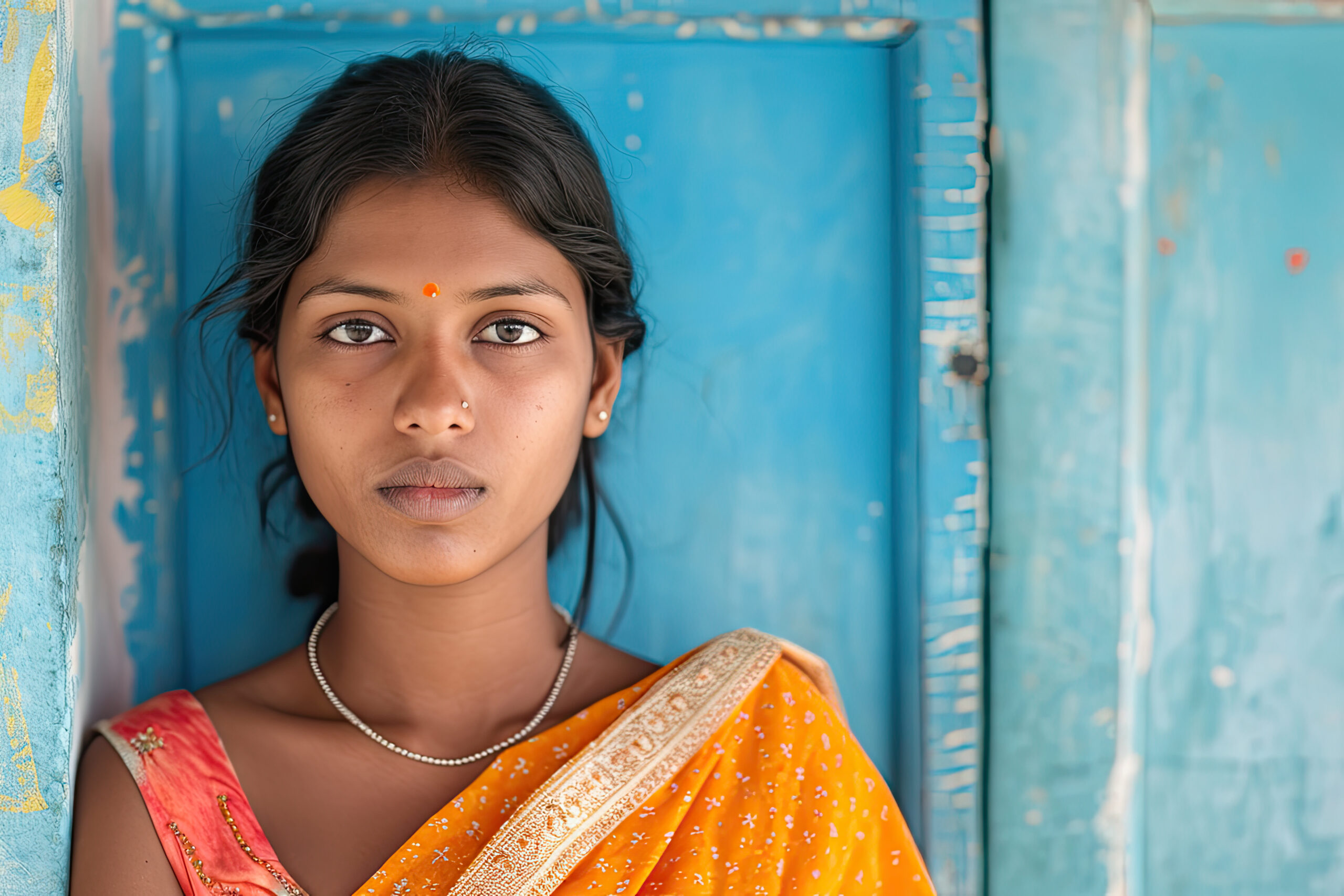On April 19, 2024, they began – and are still continuing – parliamentary elections in India. The electoral process in the country has always taken place over several weeks, and these latest elections will be no exception: citizens will vote until June 1st. The reasons for all this must be attributed, mostly, to the immensity of the territory and its population, but also to other factors. Among these, the need to guarantee security and the proper exercise of democratic procedures. India, in fact, attaches great importance to the management of such an electoral “machine”, striving to make voting accessible to all residents, even in the most inaccessible areas. The electoral system in India is a true example of collective experience and also offers food for thought to the West.
A complex system for a large and “young” nation
Since the year of its independence (1947), elections have represented a very complex organizational challenge for the Republic of India. During the first decades, they were characterized by frequent episodes of violence perpetrated by supporters of certain parties. India is a federal state divided into different zones. It is therefore often the case that local police forces are unable to maintain order and are accused of lacking impartiality. Consequently, Since 1990, the federal government has decided to use the army to supervise voting operations, in order to guarantee their smooth running.
You too can rediscover the pleasure of staying informed!
Your support helps protect our independence so that we can continue to produce quality journalism that is open to all.
Support us
Today, Indian elections are often referred to as “the biggest elections in the world” because they involve the most populous nation in the entire world. Actually, this year, they will affect nearly a billion people – more than double the number of inhabitants of the European Union and four times the number of voters in the United States. Furthermore, from a demographic point of view, India is a very young country since the average age is around 28 years old. This explains why – among the participants in this electoral round, no less than 18 million will vote for the first time.
Making voting possible in all parts of the territory: India's challenge
India's 2024 elections concern the Lower House of Parliament, the country's most important institutional body. The party or coalition that obtains the majority of seats will have the right to nominate its candidate for the post of Prime Minister, thus forming the new government. At present, the favorite seems to be Narendra Modi, the outgoing head of government. And chief of the conservative party BJP. If it were to be reconfirmed as firstwould find himself serving his third term: a result which, in the history of the country, would have a unique precedent.
Considering the complex characteristics of the Indian territory, this year's elections are divided into seven phases and the results will be announced on June 4. As already happened during the 2019 elections, the country has made many efforts to facilitate the practice of voting even in its most remote areas. To this end, the Government has installed more than a million voting booths in the area. In addition, around 15 million civil servants and soldiers will cross the most inaccessible places in India in an attempt to reach everyone.
Elections in India: a lesson in the value of voting
Although the Indian electoral system is so complex, one of its advantages is that it guarantees high electoral participation in the country. The 2019 elections involved 615 million people, with a turnout of 67%. Furthermore, the use of electronic voting machines – used in most cases in India – makes it possible to quickly obtain the final election results.
This participation rate is actually similar – and sometimes higher – to those of European countries, which do not experience India's logistical difficulties. These data, also in view of the next European elections, can provide a starting point for reflecting on the value of democratic processes as a collective experience.

